From Naples to the rest of the world. Research on a healthy dietary and behavioural model, and the global challenge of exporting it with solutions that are tangible and sustainable for all.
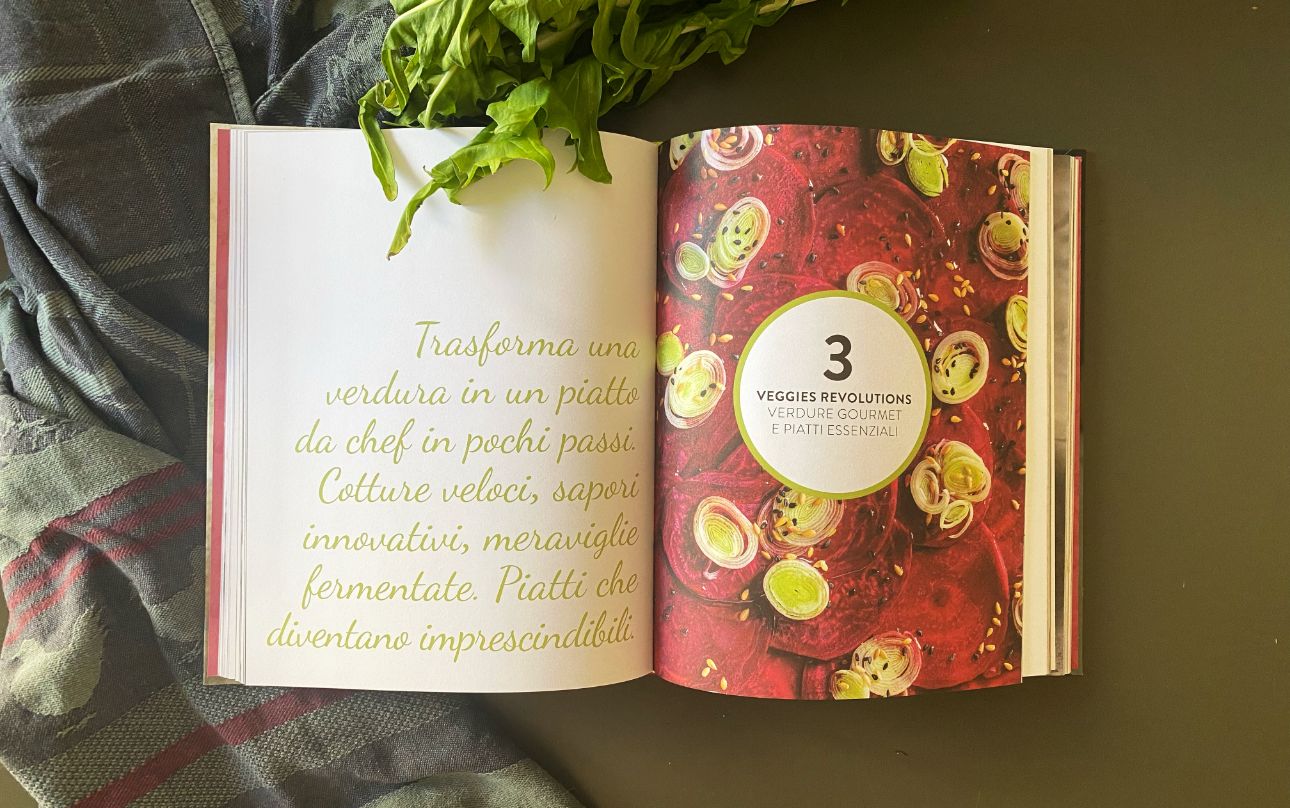
We all eat, and we all write: we don't need to be chefs or writers to approach frying pans and sheets of paper. But slowing down, even just for the duration of a meal, to observe what happens when we cook, buy groceries, taste an ingredient, allows us to learn something new. Food rouses memories, connects people, and is a great driver of change. When we eat, and when we have a way to discover new perspectives on food through writing, we reconsider an everyday act and bring it to a higher level: from the personal, we arrive at the political and the social.
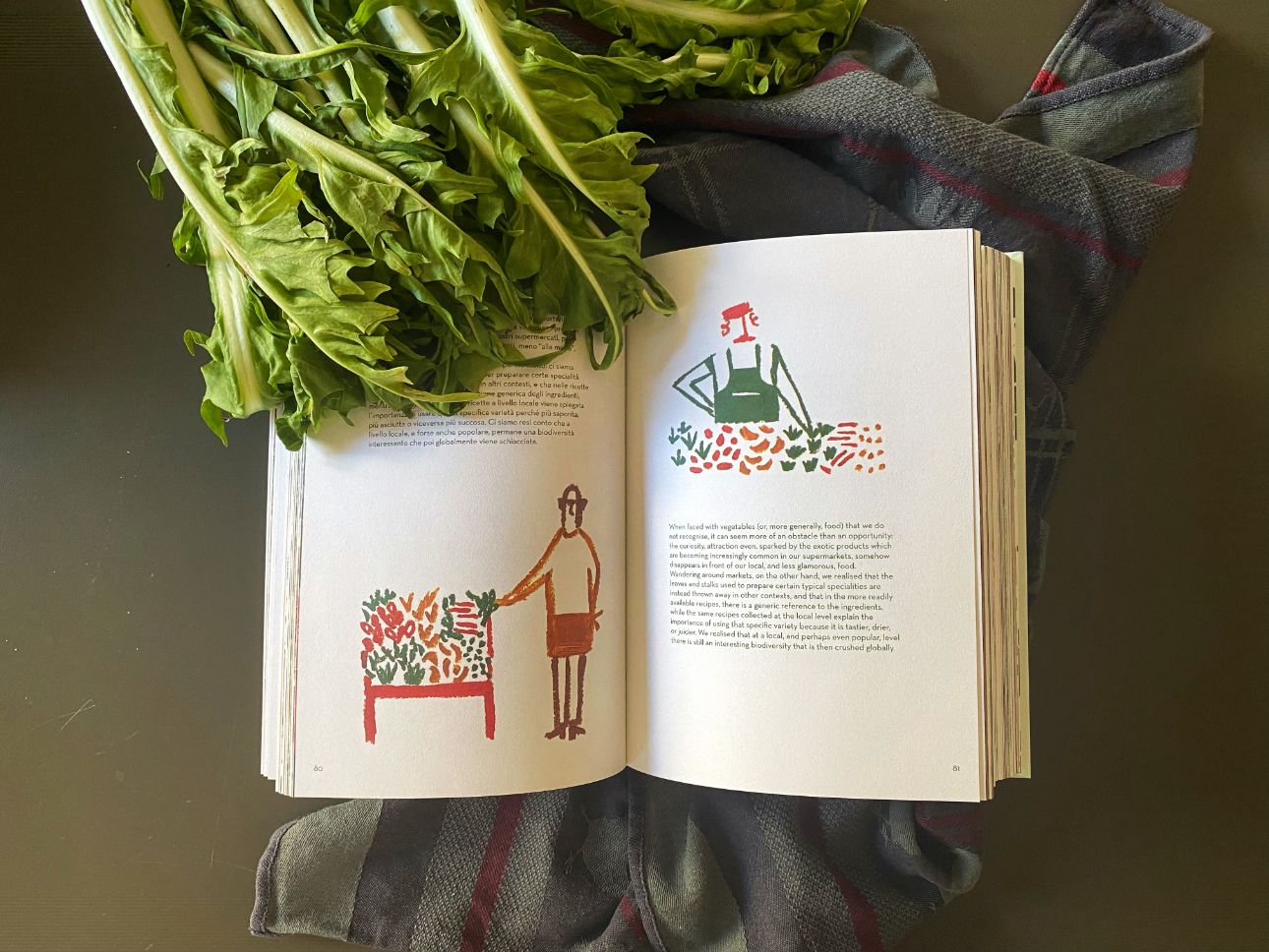
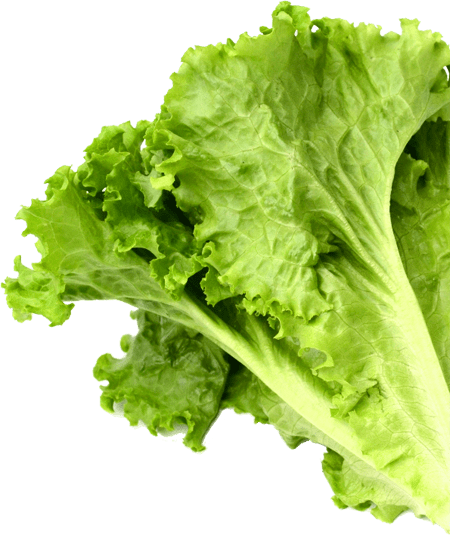
Everything that has to do with writing about food ends up in the melting pot of food writing, regarding which I will quote the words of Molly Wizenberg: "What makes food writing interesting is its exploration of the way food shapes our lives, the way we interact with food, and how food is an integral part of our relationships and the way we live."
And how could we forget Mary Frances Kennedy, later M. F. K. Fisher, one of the most famous food writers in the world. In her book The Gastronomical Me, she declares: "The easiest answer is to say that, like most other humans, I am hungry. But there is more than that. It seems to me that our three basic needs, for food and security and love, are so mixed and mingled and entwined that we cannot straightly think of one without the others. So it happens that when I write of hunger, I am really also writing about love and the hunger for security."
Food writing is writing about food, which for me means writing about the world: food is a key to interpreting and narrating intimate stories, cultural explorations, economics essays, memoirs, social media content, statistics.
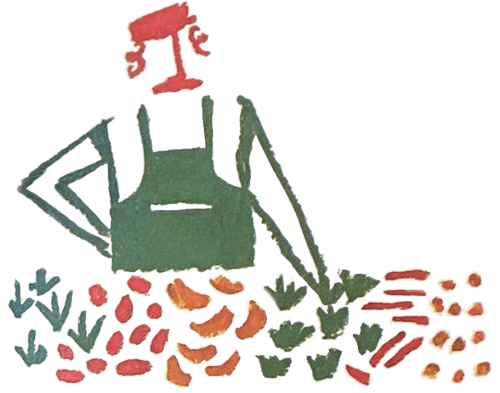
Chef Gabrielle Hamilton understood this well when she described her divorce in her memoir, Blood, Bones and Butter, starting with food: "When you break up, and you struggle to understand the true meaning of everything that was said and promised in love, how can you divide up the contents of the pantry?"
So, through food, we can talk about everything. Today I am here to convince you of this fact, taking examples from some of the books that have allowed me to really open my eyes: words that speak of plant-based diets, sustainability, living cuisine. They are recipes, ideas, reflections: written texts that offer a change to those who, like many others, are wondering what and how to eat for a more sustainable world.
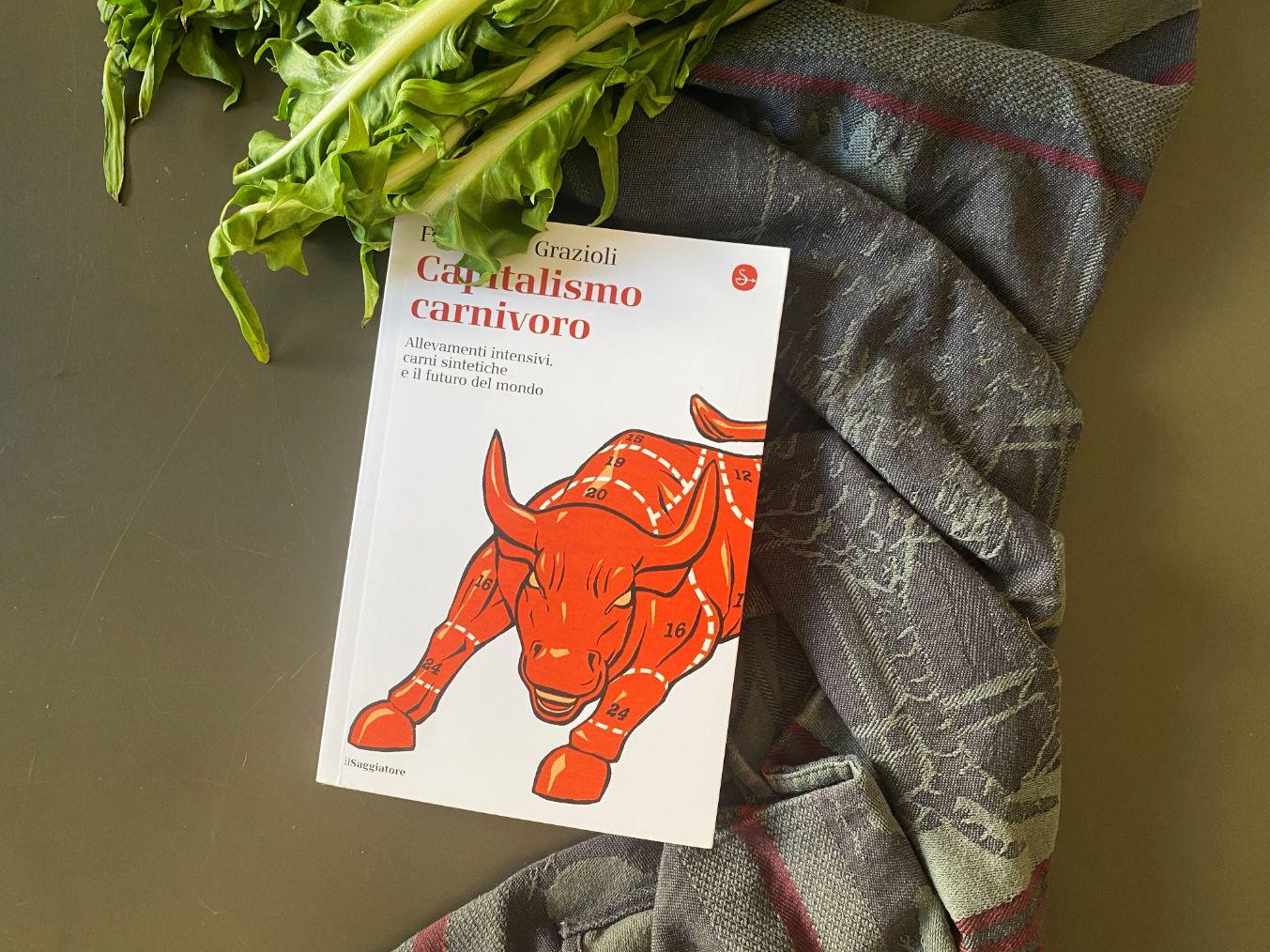
I will start with the basics, so: there are struggles that shout to get attention.
They don't always have much of an effect on me, because being gentle is the most effective route for writing that gets under your skin. This is the case for the book Carnivorous Capitalism. Intensive farming, synthetic meat and the future of the world, by Francesca Grazioli, which speaks about the role of the meat industry to understand its impact on the construction of a capitalist system.
As an omnivore, I have often found myself faced with the opportunity to get to know this industry better, but I have always avoided it: sensational titles and shouty content have often pushed me away. Instead, Grazioli uses an informative, non-alarmist tone, provides data and cites studies for a comprehensive, well-narrated journey, which also doesn't shelter us from the cruelty of the system: quite a challenge, for those who, like me, are omnivores.
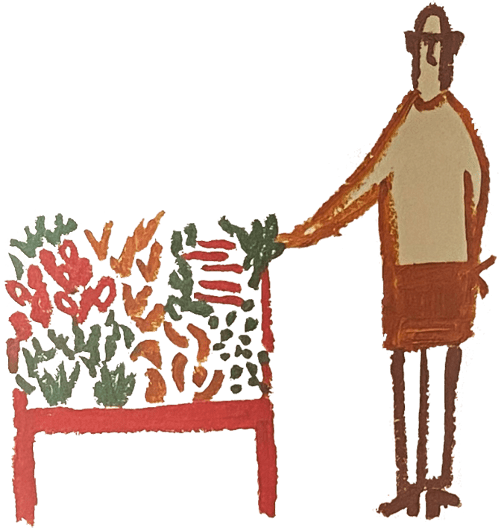
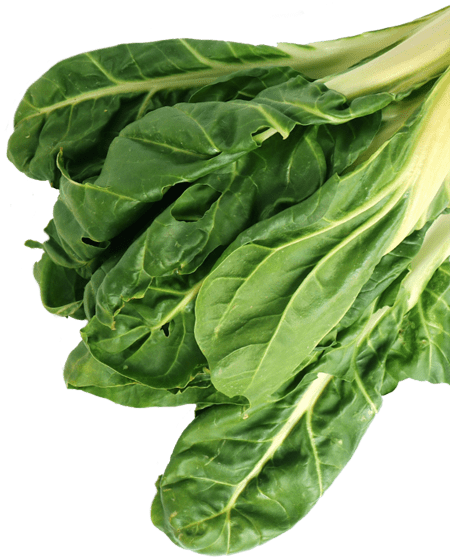

Staying on the topic of challenges: have you ever wondered how to add fermented products into everyday cooking? Yes, I'm speaking about kombucha, kefir, fermented vegetables, miso. We know they are good for us, but I have to admit: they have always seemed too high a hurdle to overcome. This is because, like in many fields, highly technical language is often used in order to seem more important, and nobody adopts more simple language, because it feels like sacrificing complexity. Instead, Riccardo Astolfi, in his Living Cuisine. Everyday, plant-based, fermented, does the very opposite: he presents fermented products - something that seems highly complicated - in quick recipes written using direct, positive, comprehensible language.
There are words that instinctively distance us, such as "waste": they remind us of something that is not worthy of having on the table. Or maybe it is us who don't want to change direction, and we give a negative connotation to certain words in order not to see a current situation that needs to be turned around. According to the data from the Food Waste Index 2021, produced by UNEP (United Nations Environment Programme), the majority of wastage happens inside the home: in Italy, we waste around 67 kilos of food per capita through domestic consumption, compared to 4 kilos per capita from distribution. Gaining awareness also comes from clear, simple information. That is why I really appreciated the way Valentina Raffaelli and Luca Boscardin organise the texts in their Italy's Waste 2: with short paragraphs and lists, subtitles and illustrations. Writing is content and form: the way we organise information can facilitate learning, or fail to.
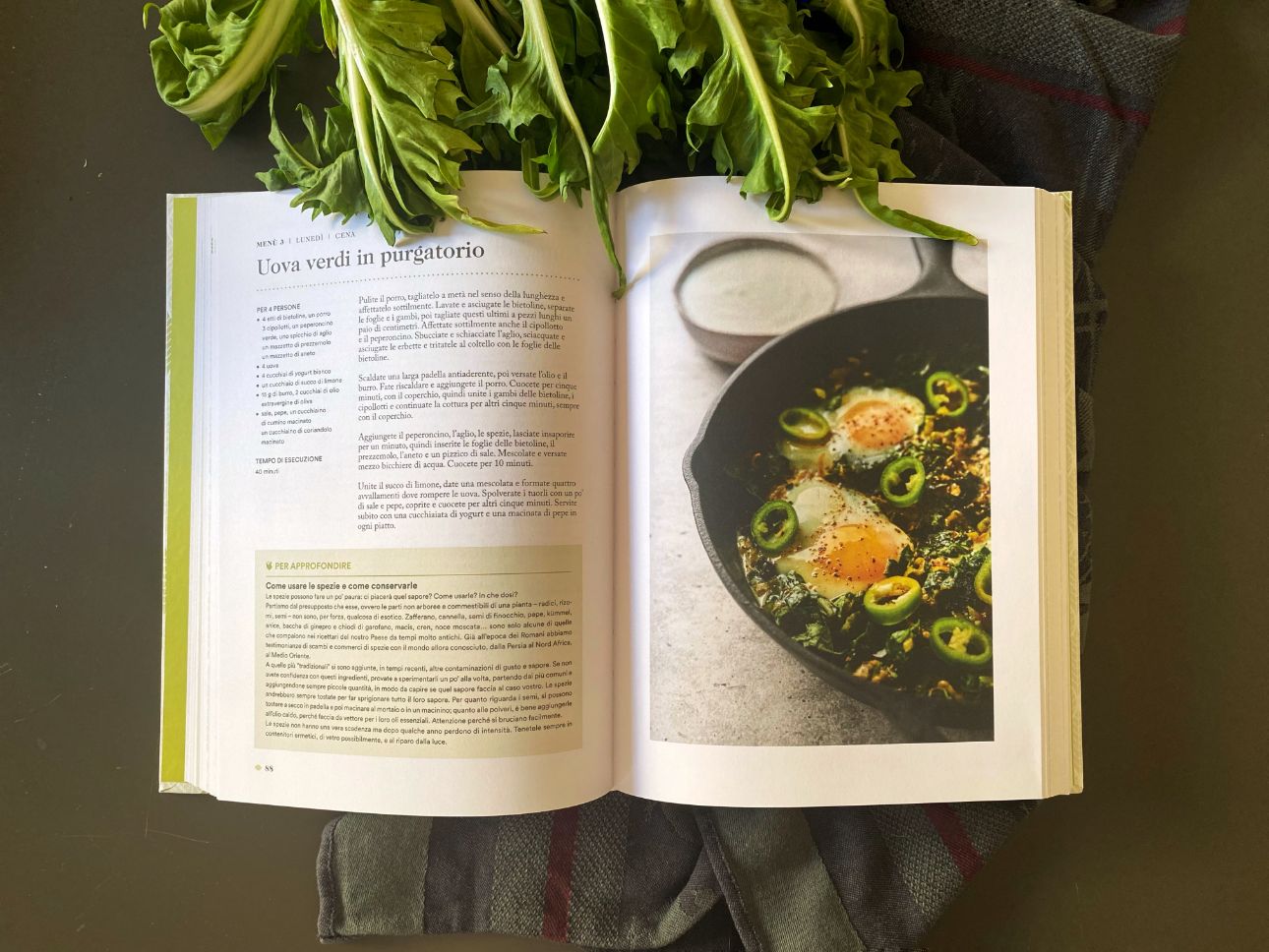
I would like to end these recommendations with a final volume that is not afraid to ask uncomfortable questions: are we sure that plant-based cooking takes more time than omnivorous cooking? In her book The Vegetable Season. Green cooking for every day, Myriam Sabolla creates weekly menus that have this very goal: waste less, in terms of resources and time.
Here we untangle the most significant knot, for me, regarding food writing: when we tell a story, it must be authentic, connected to our own experience, and the fruit of skill. While there are a lot of books that see recipes as just a functional aspect of eating, there are others that speak about food as nourishment in a broader sense: for us, for the planet. This only happens when writing becomes a dialogue, and those who are writing know how to get involved.
From Naples to the rest of the world. Research on a healthy dietary and behavioural model, and the global challenge of exporting it with solutions that are tangible and sustainable for all.
Discover the Food Bank programme: the chain of giving that creates a balance between excess food and food shortages, with a social, anti-waste message.
